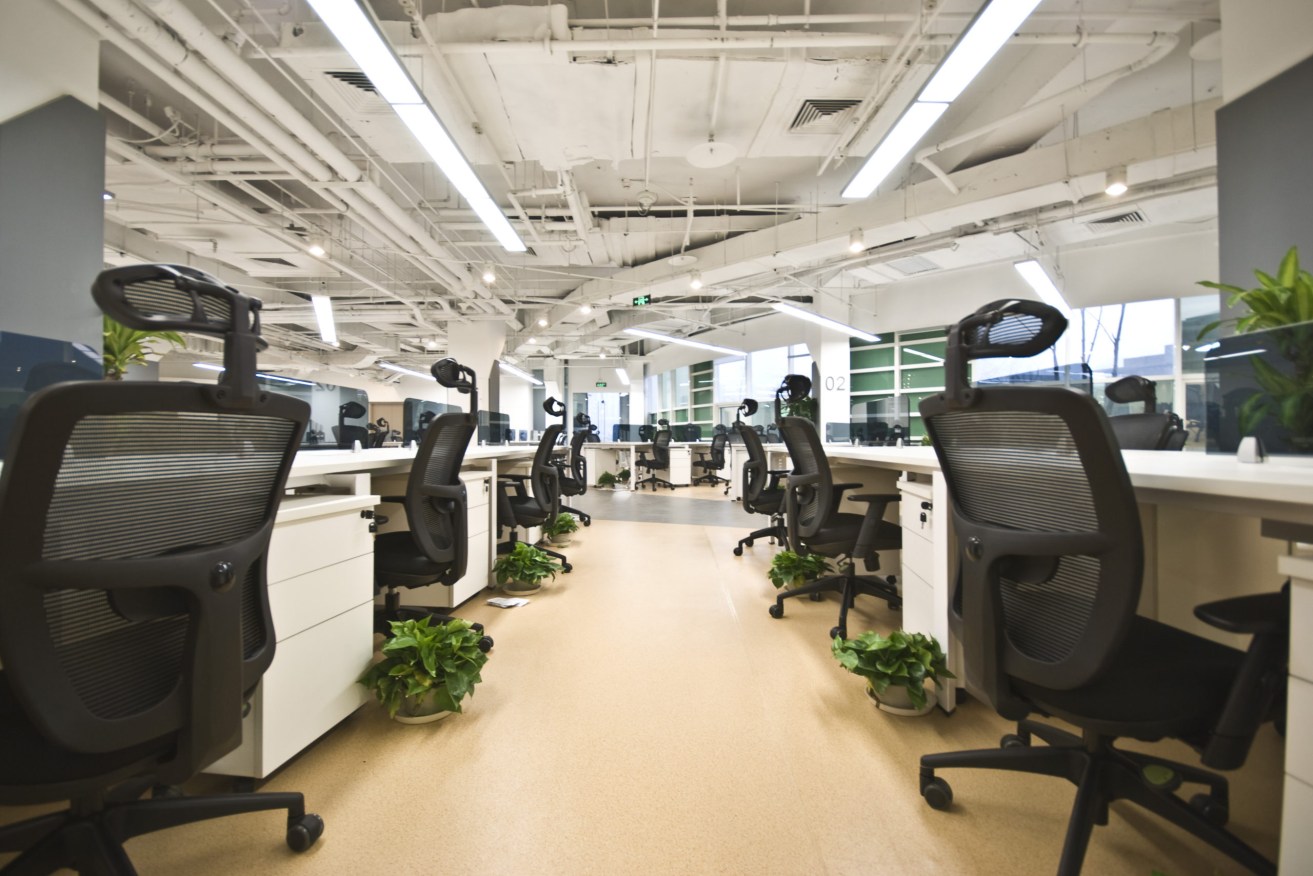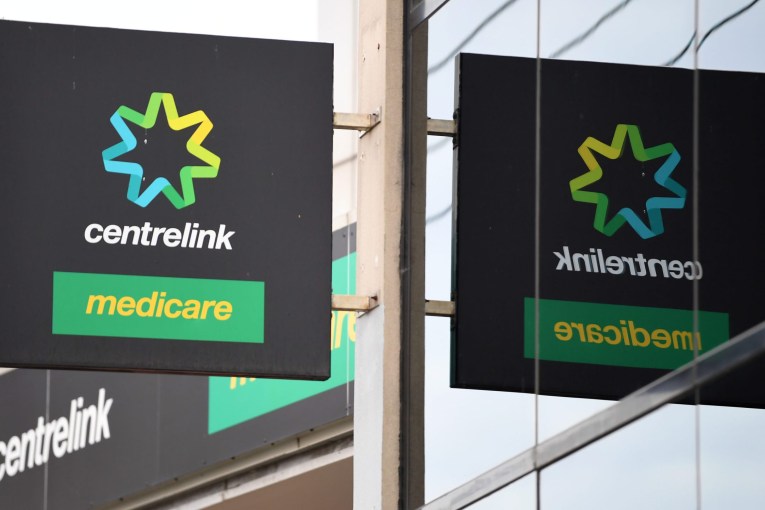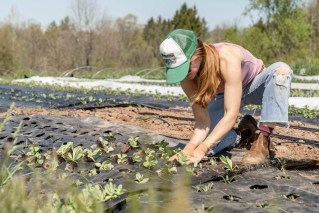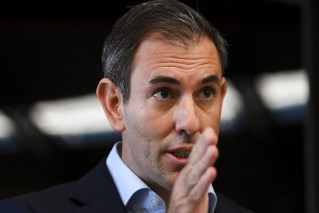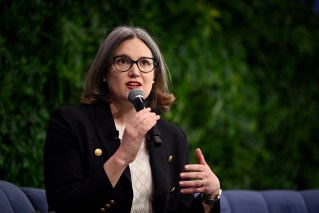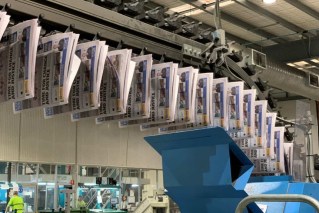Do we really need all that pre-COVID-19 office space? How many of our staff can keep working from home? Can we strike a better leasing deal? Can we re-design the office for healthy social distancing?
A hybrid workplace model – flexible headquarters and home offices – is already emerging, JLL has found.
Few people want to work in their pyjamas all the time. For those who can work from home, between 41 per cent and 60 per cent say they would prefer to do this two or three days a week, according to a survey of 1000 Australian workers conducted by Boston Consulting Group.
In a JLL worldwide survey of 3000 workers, carried out during lockdown, half the respondents said they struggled to be productive and about 60 per cent admitted they missed the office “substantially”. As a source of creative connection and inspiration, the kitchen table didn’t cut it.
Australian companies have gained breathing space from legislation that restrains commercial landlords from evicting tenants, notes James Montague, JLL’s Director, Office Leasing – Queensland.
“But institutional landlords are being flexible with their occupiers and hoping to find a solution within their portfolio,” Montague adds.
Large organisations – which have capital constraints and internal approval processes – have been deferring lease decisions where they can. However, many smaller organisations are seeking deals in a market that favours the occupier.
“COVID deals are hard to quantify because we just don’t have the transactional evidence to support any increase in incentive at the moment,” Montague says. “But from the negotiations at play, landlords are offering higher incentives in addition to additional inducements such as rent-free periods, or capital, to get deals closed out quickly.
“From what I’ve observed, there is definitely a higher level of investment and thought going into inspecting fit-outs.
“In the past, a speculative fit-out would be the result of a part floor transaction, where the residual space on the floor gets fitted out and put on the market as a ready-to-occupy solution. But the market we are now seeing is full floors being fitted out with architect-designed workplaces, and they’re amazing.”
Some 12 per cent of Australian office leases are due to expire in 2020, though most have now been extended to 2021.
Montague warns Brisbane tenants seeking a COVID deal not to be “outlandish” in their expectations. “If you’re wanting to move from a B-grade building to an A-grade building and get a half-price deal, that’s not available.”
Many tenants are unsure what their new requirements will be and are asking for short-term contracts with expansion, contraction and break rights, according to Michael Greene, JLL’s Head of Tenant Representation. Touchless implementation is also high on the list, reflecting a view of COVID as an essentially surface-borne virus.
“The view is that working from home has worked better than expected,” says Greene. “But that’s largely because there were strong connections before isolation.”
A possible outcome is 20 to 25 per cent of staff continuing to work from home two or three days a week, he adds.
“I think that will be hardest on new people or those starting their careers, and this is a greater risk for the culture and purpose breaking down, as newcomers don’t feel connected to the company they work for,” he says.
However, certain workers are thriving at home, according to James Montague.
“What we find is that the people who are enjoying it are usually the ones doing really high-focus work that requires them to sit and get through process-driven information.”
“They are not necessarily collaborating on everything, every part of the day. This however is a temporary measure. Long term, employees need to feel connected to their business and see their friends at work, Montague adds. “Innovation and lateral thinking just isn’t occurring while people are using their downtime to put on a load of washing.”
“When you’re in your office you’ll use your downtime differently. Having a conversation with a colleague or thinking through the “what next” ideas is very difficult to replicate in a work from home environment. The current productivity gain will soon be overshadowed by loss of culture, innovation and staff morale.”
InQueensland has partnered with JLL to bring you regular news, analysis and research about Queensland’s commercial property market.
Click here to register and read the Queensland edition of JLL’s Real Estate Review H1 2020.
Read previous articles and listen to podcasts from JLL previously published on InQueensland:
- Qld commercial property podcast: Game on for industrials
- Industrials set to soar as e-commerce becomes the ‘new normal’
- Qld commercial property podcast: Are COVID office deals worth moving for?
- Qld commercial property podcast: Neighbourhood watch

